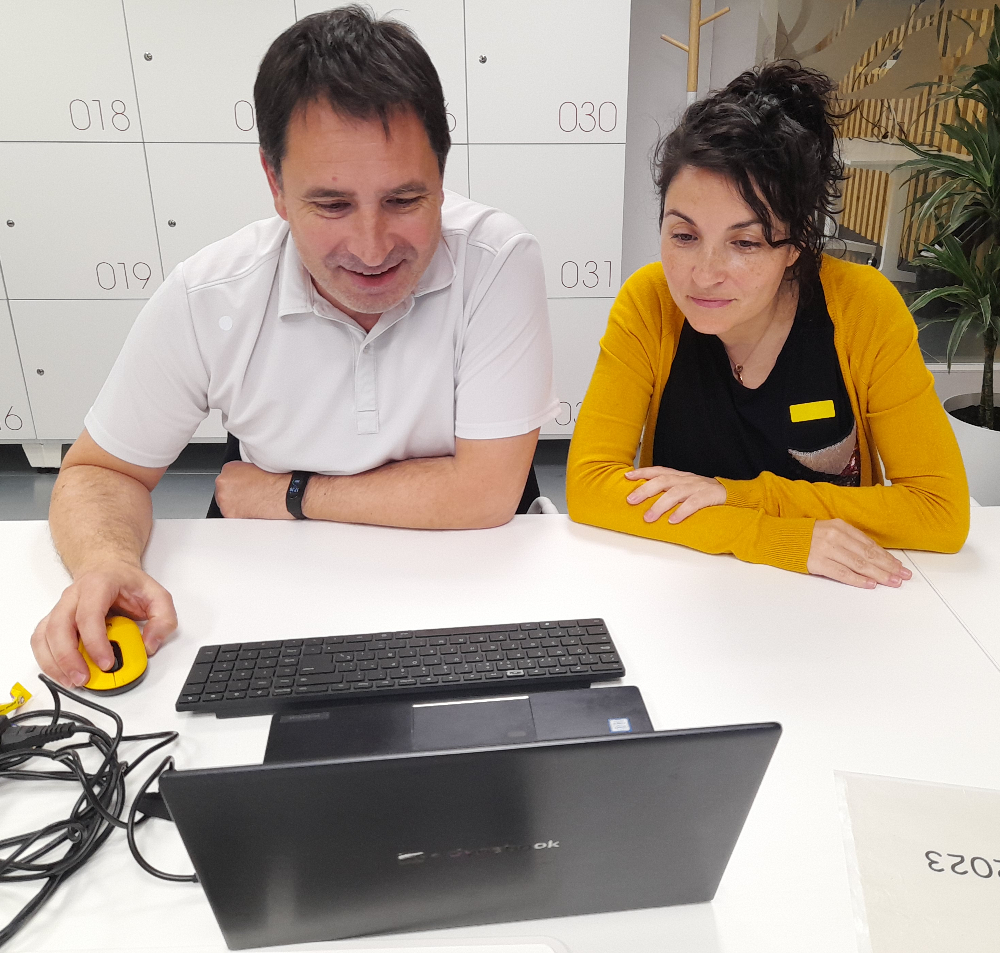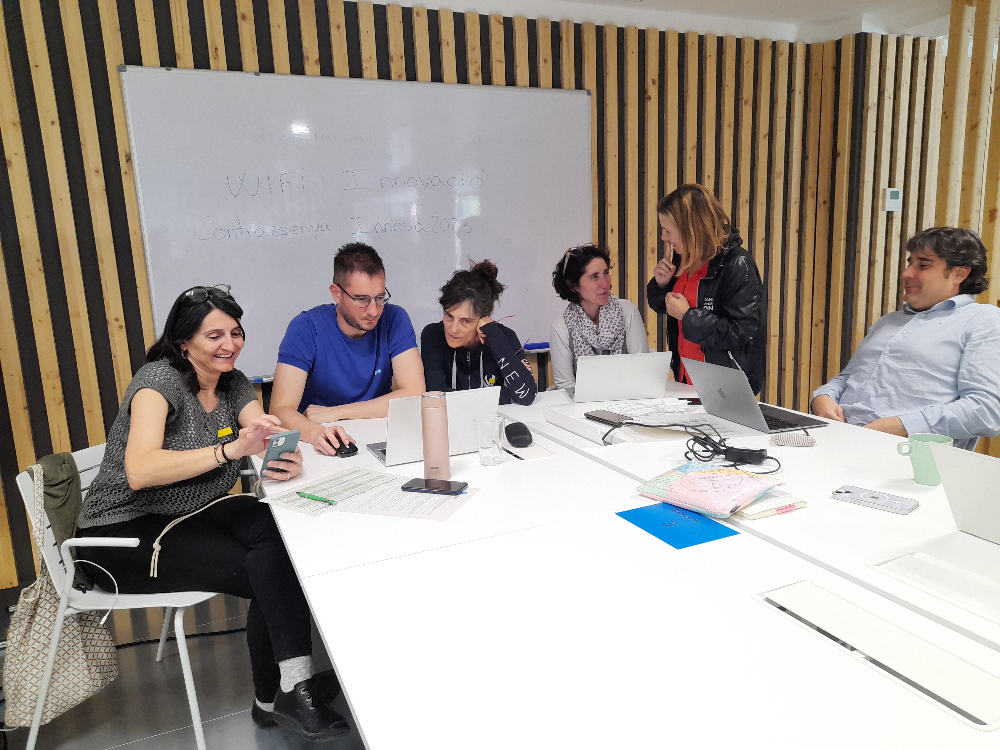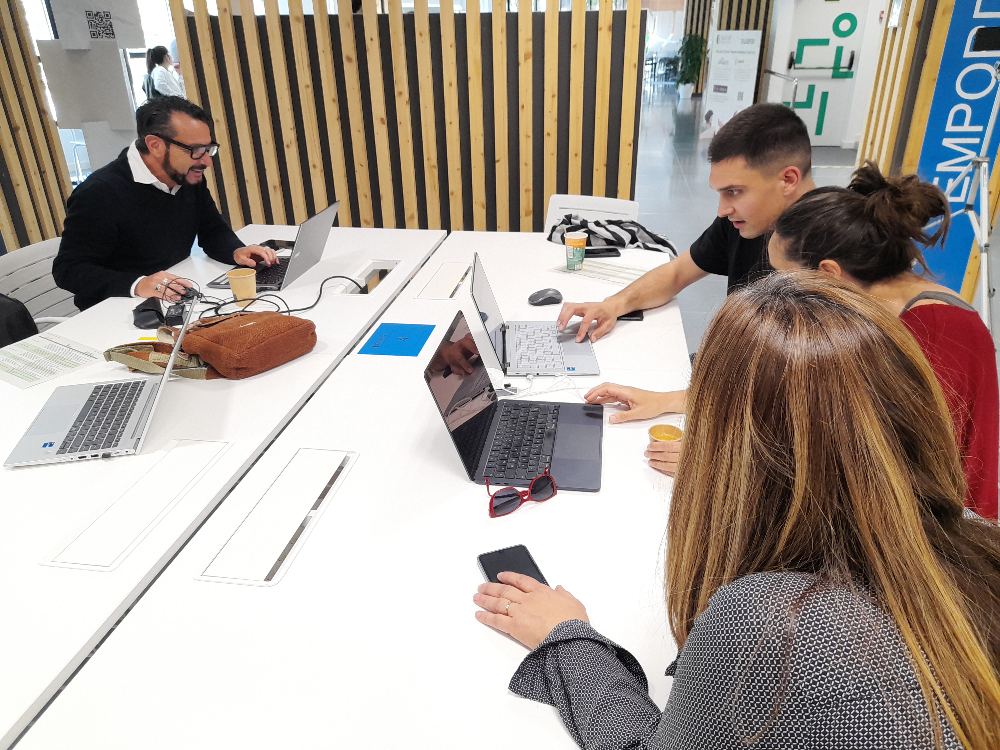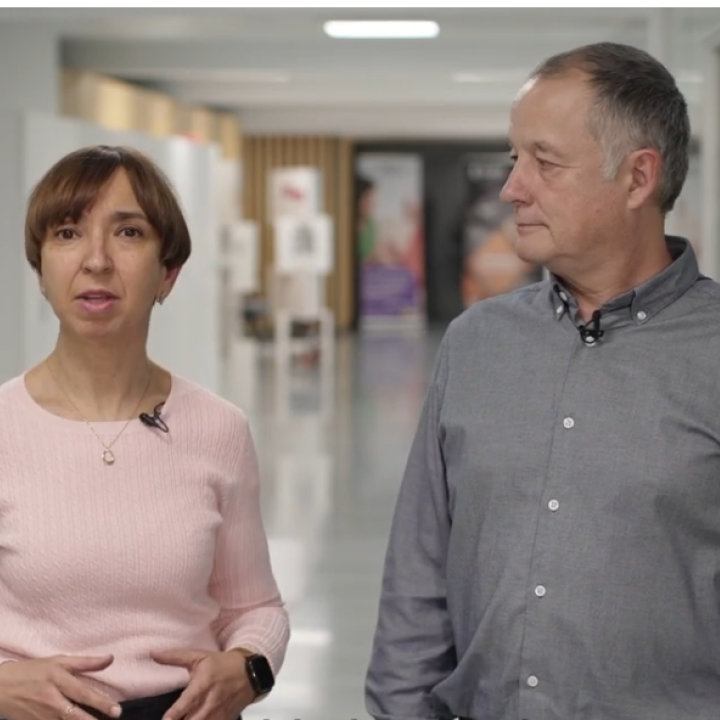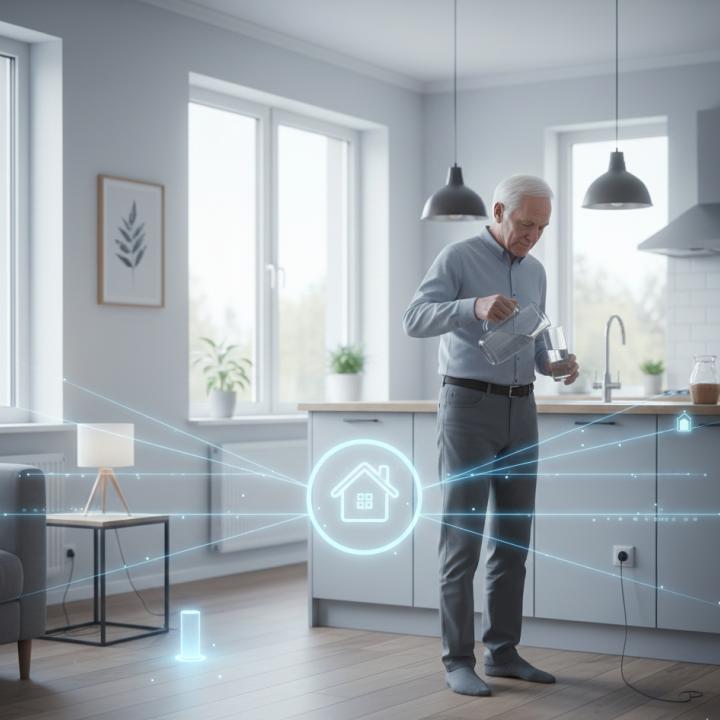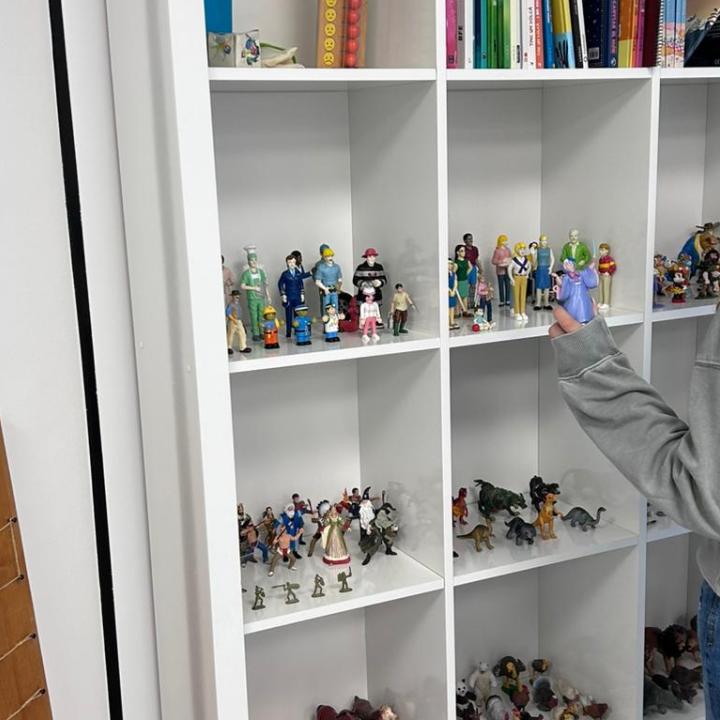Suara Cooperativa, together with the Barcelona Open Data Initiative, has organized the first Dataton aimed at analyzing existing open data to improve care and care for the elderly.
The main objective of this Dataton, which was held last Thursday at the offices of Suara Cooperativa de Glòries, was to both incorporate and accelerate the use of open data as an advanced element for digital transformation in the attention of the needs of the elderly, as well as people who work in the field of care and non-professional carers, mainly family members and in most cases women between 51 and 70 years old.
In the case of this dataton, which lasted three hours, more than twenty people attended with various profiles such as, for example, people: data professionals (datar), data analysts, data journalists, data viewers, open data searchers, researchers of care and needs of the elderly, planners of care services for the elderly, managers or workers of care services for the elderly.
These diverse profiles were distributed in four groups, each of which addressed a different challenge linked to the elderly: rural dispersion, digitization of care, evolution of care and loneliness desired.
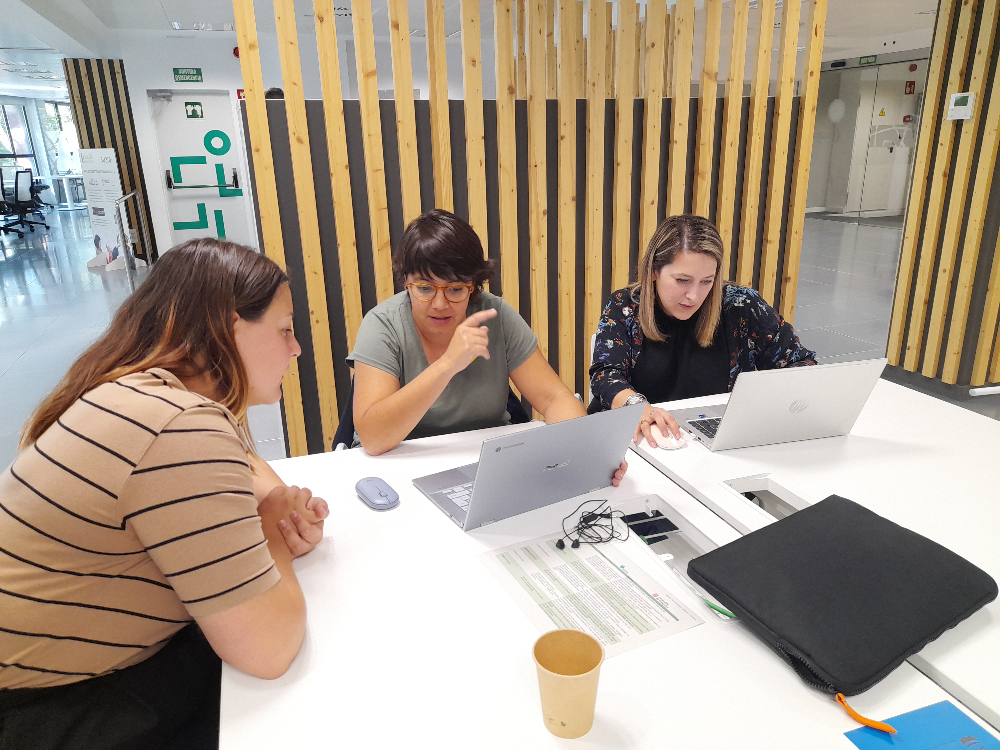
Subsequently, each of these groups formulated a hypothesis and several sub-hypotheses related to their challenge, which they had to confirm by researching Data Sets (excel files with data uploaded to the Internet).
For this, they explored open data from different public institutions such as the Catalan Institute of Statistics (Idescat), National Institute of Statistics (INE), data from the European Union, the Organization for Economic Cooperation and Development, the government of Catalonia and the Spanish state or local bodies such as the city council of Barcelona or Madrid.
As a result of the work carried out, a document has been generated where the different DataSets are collected and, subsequently, a website can be generated where these data can be visualized interactively. This tool will bring information and added value when making decisions regarding the support of elderly people who are experiencing aging processes, but also of both professional and non-professional caregivers.
If you want to know more about how the Dataó went, you can consult its results in this link or the Dataset data and files, in this other one.
